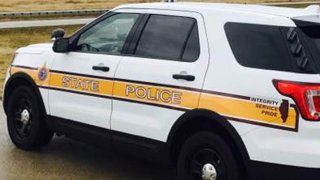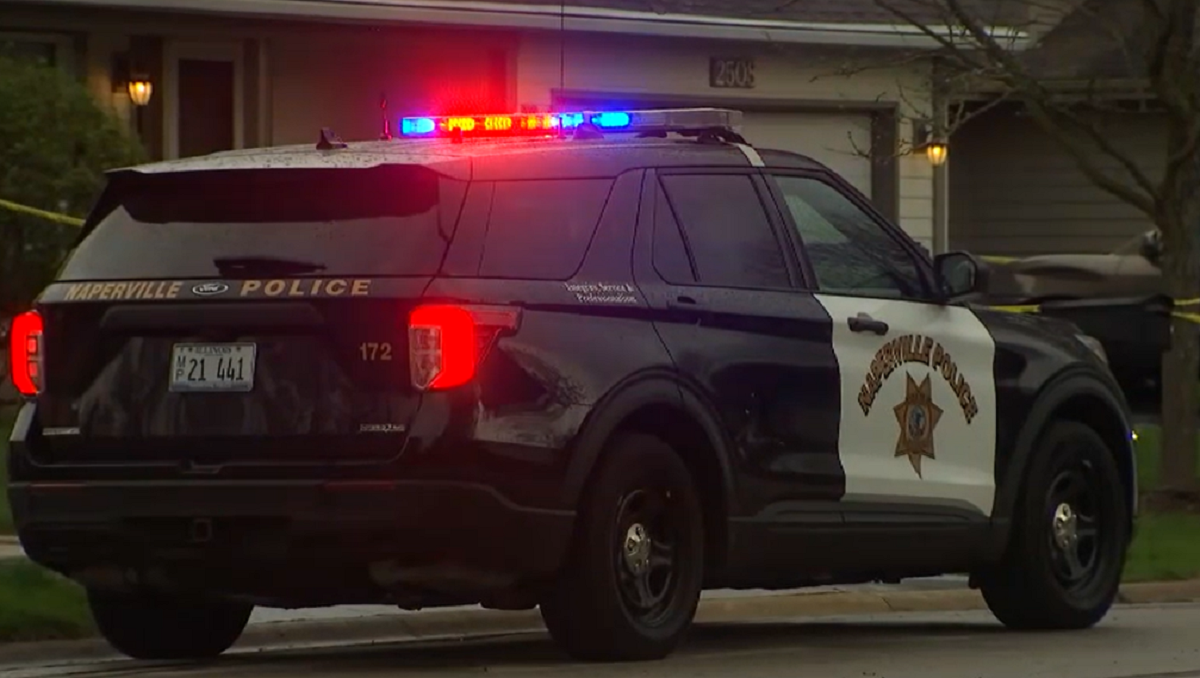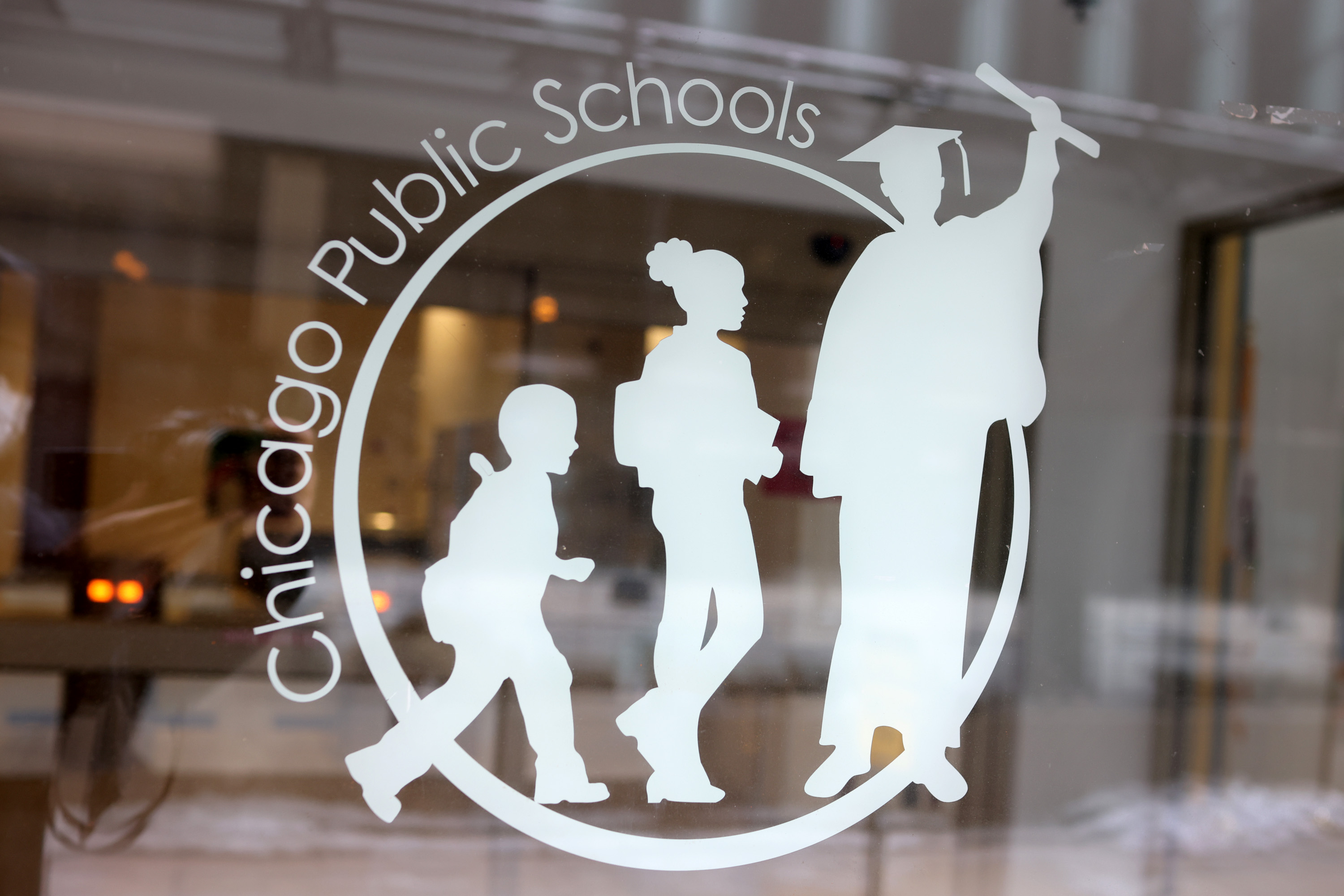
Illinois State Police are seeking high-definition cameras and license plate scanners as expressway shootings rise in the Chicago area but some civil rights groups contend that data from the new technology could be misused.
State police had recorded 62 expressway shootings in Cook County this year through Tuesday, the Chicago Tribune reported. That compares with 52 for all of 2019, 43 in 2018, 51 in 2017 and 54 in 2016, a year when gun violence in Chicago reached levels not seen since the 1990s.
State police spokeswoman Beth Hundsdorfer said the cause for the surge isn’t known, but noted that the coronavirus pandemic could be playing a part. During the stay-at-home order, state police tallied 29 expressway shootings in the Chicago area.
“Traffic on most expressways was sparse, which gave offenders an easy avenue of opportunity to escape,” she said. “This sparse or reduced traffic also limited the number of potential witnesses to assist with creating leads to solving these violent offenses.”
High-definition cameras would solve some of those issues, Hundsdorfer said, adding that license plate scanners would give police a better shot at tracing and finding suspects.
“Traffic-monitoring cameras are very useful to determine if traffic is congested or if a crash has occurred,” she noted. “But they provide no investigative value to expressway shooting investigations.”
Legislators passed a law in 2019 that permitted the installation of both cameras and scanners, Hundsdorfer said, but only a small number have been placed along Chicago-area expressways.
Local
The law was named for Tamara Clayton, a U.S. Postal Service worker who was fatally shot last year while driving on Interstate 57 as she headed to work. She had told friends she avoided the Dan Ryan Expressway through Chicago’s South Side due to fears of being shot.
The killing remains unsolved. Her sister, Alma Hill, asserts that enhance surveillance could have led to an arrest in her sister’s case and many others that followed.
“That would mean (police) would know the car, they would know the license plate,” Hill said. “It’s not something that we’re thinking about that’s scientific and out of fantasy. It’s real. It can do the job.”
But some civil rights groups believe the new technology leaves room for exploitation.
“Can a government agency install these kinds of camera systems and not necessarily create a constitutional violation?” said Ed Yohnka, a spokesman for the American Civil Liberties Union. “The answer may be yes, but ... this shouldn’t just be a question of if you can do it. It should be a question of whether or not you should do it.”



